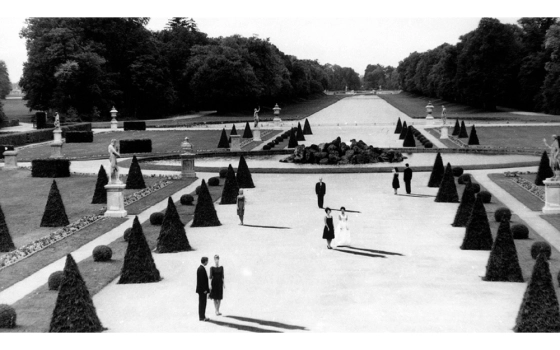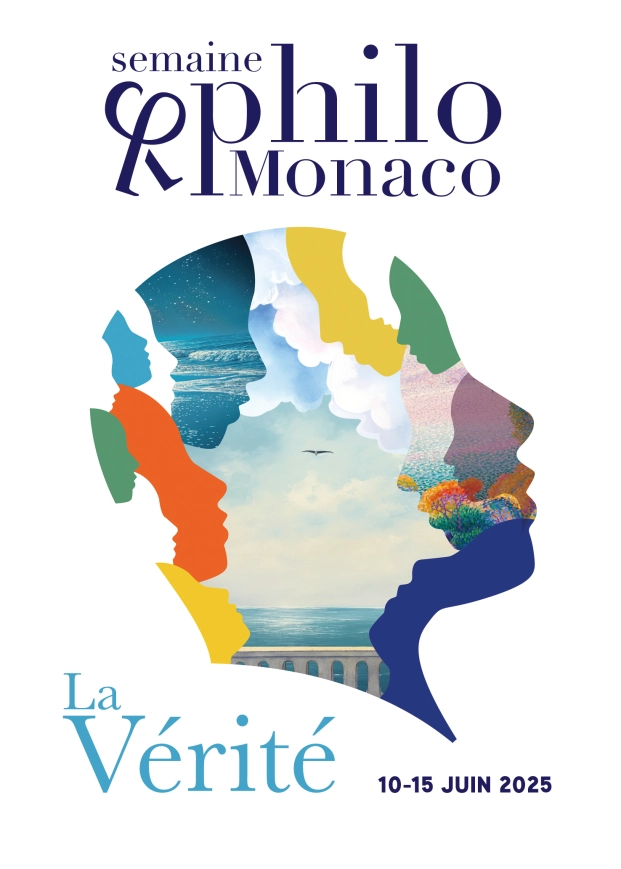
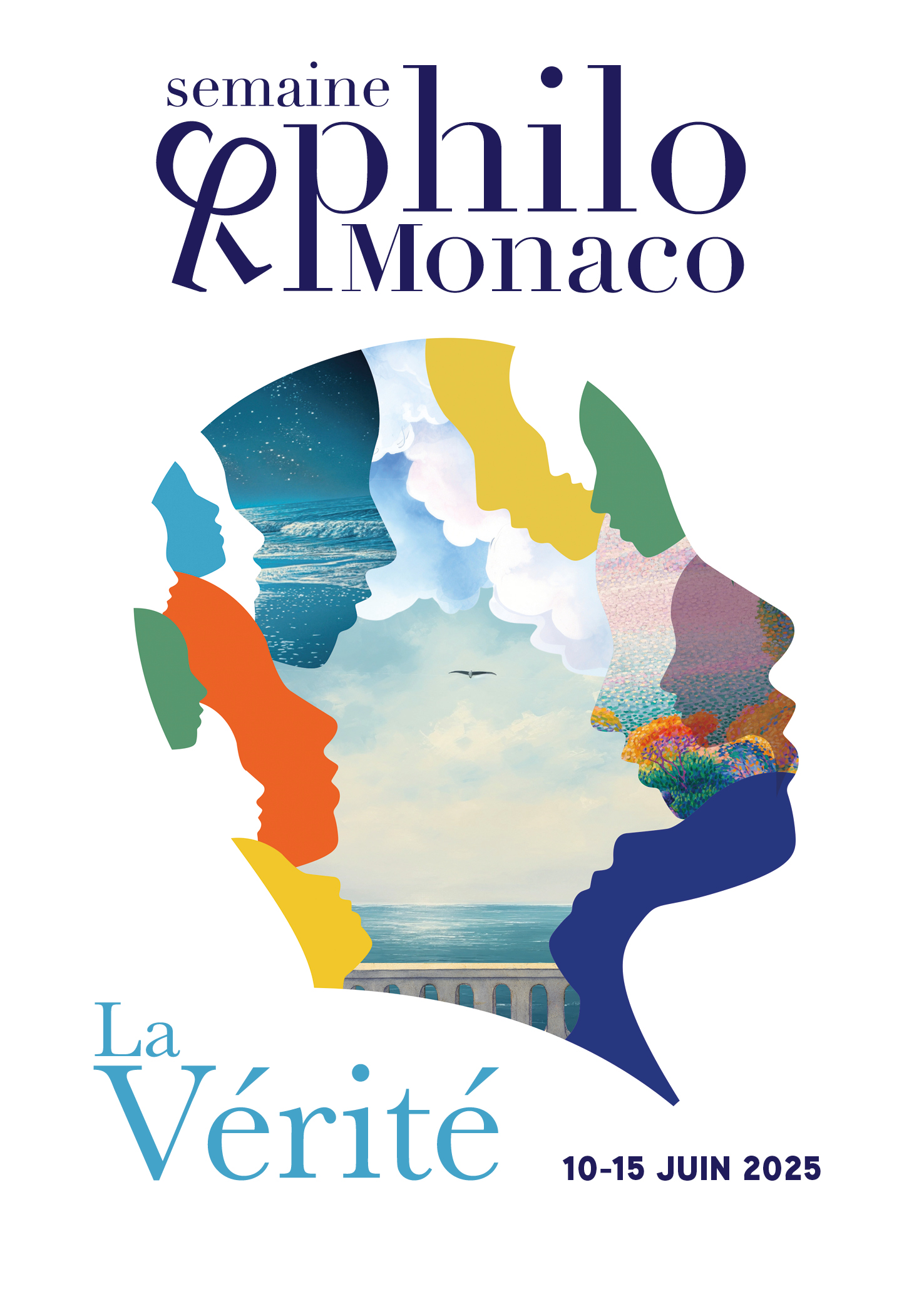
Creation and truth/Truth and its counterparts

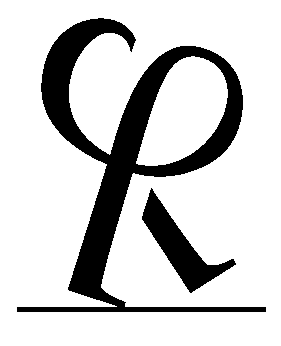
Introduction
Creation and truth/Truth and its counterparts
Presented by Fanny Arama, doctor of French literature
Fiction and confessions
With Paul Audi, philosopher
Maria Pourchet, author
Fiction is the product of human imagination and, as such, has often been devalued in the history of philosophy because it belongs to a parallel reality corrupted by the writer's imagination and fantasies. Plato disapproves of poets because, in his view, they represent lies, i.e. the alteration of raw truth, and because they prefer the truth of their own point of view to the search for truth "pure and simple". Confession, on the other hand, is originally an "admission": it is part of a religious and moral process of absolution. To confess is to believe that all is not lost, it is to grant words the power to act and transform the past, to make something else of it through the act of confiding, whether oral or written, in the present. While fiction is based on a pact of invention, confession is based on a pact of sincerity. When fiction and confession come together, they reshuffle the cards not only of truth and its presuppositions but also of the writer's ability to achieve sincerity.
What stories do we tell ourselves when we confess to others and make those confessions public? Is it possible that a confession is not just an illusory stance? How can we deal with memory lapses and their repercussions on the truth of the confession? Is autofiction the driving force behind all fiction and confession? In other words, how does the writer play with the truth to create a connection with the reader?
Conversation and contestation
With Richard Malka, lawyer, essayist, comic writer and novelist
Chantal Thomas, the French Academy
Conversation is the offspring of freedom: without freedom of expression, conversation would have no interest and no value. So, in order to challenge - an opinion, a truth, a power, a world order - you have to start by conversing. And conversation is an art: first, the art of listening. It is then the art of saying things well, of using the right words, of defining them beforehand to establish common ground. Conversation and contestation are not only conditioned by the freedom to speak, question, shake up, shock, and displease but also aim to perpetuate it.
The collective imagination views the height of conversational art in France as occurring during the Age of Enlightenment, a period that promoted access to knowledge and the exchange of opposing ideas. The political regimes that have succeeded one another in the West since the 18th century and the laws they have enacted have steadily given everyone a voice.
From this perspective, it is mainly the media that, gradually but unevenly, is spreading the spirit of conversation and protest to the average citizen.
Today, social media is complicating the picture and challenging the notions of conversation and protest: many users express themselves primarily through vitriol, seeking to discredit others in the name of freedom of protest. If the conditions for conversation are no longer met – listening, respect, exchange of opposing views – does protest, i.e. the possibility of expressing disagreement, still have a future?
Informations
Similar events
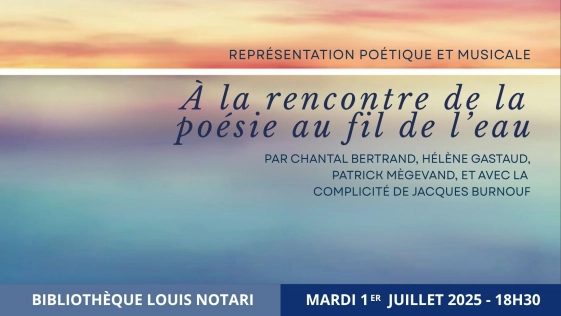
Représentation poétique et musicale "A la rencontre de la poésie au fil de l’eau" par Chantal Bertrand, Hélène Gastaud, Patrick Mègevand, et avec la complicité de Jacques Burnouf
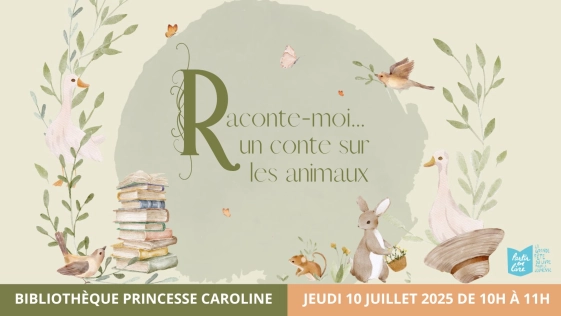
Raconte-moi...un conte sur les animaux + 4 ans
